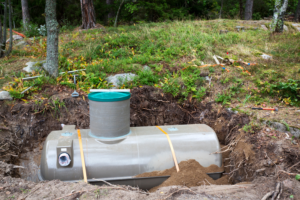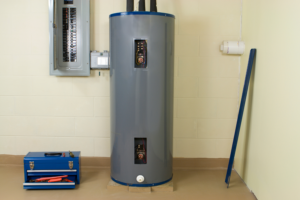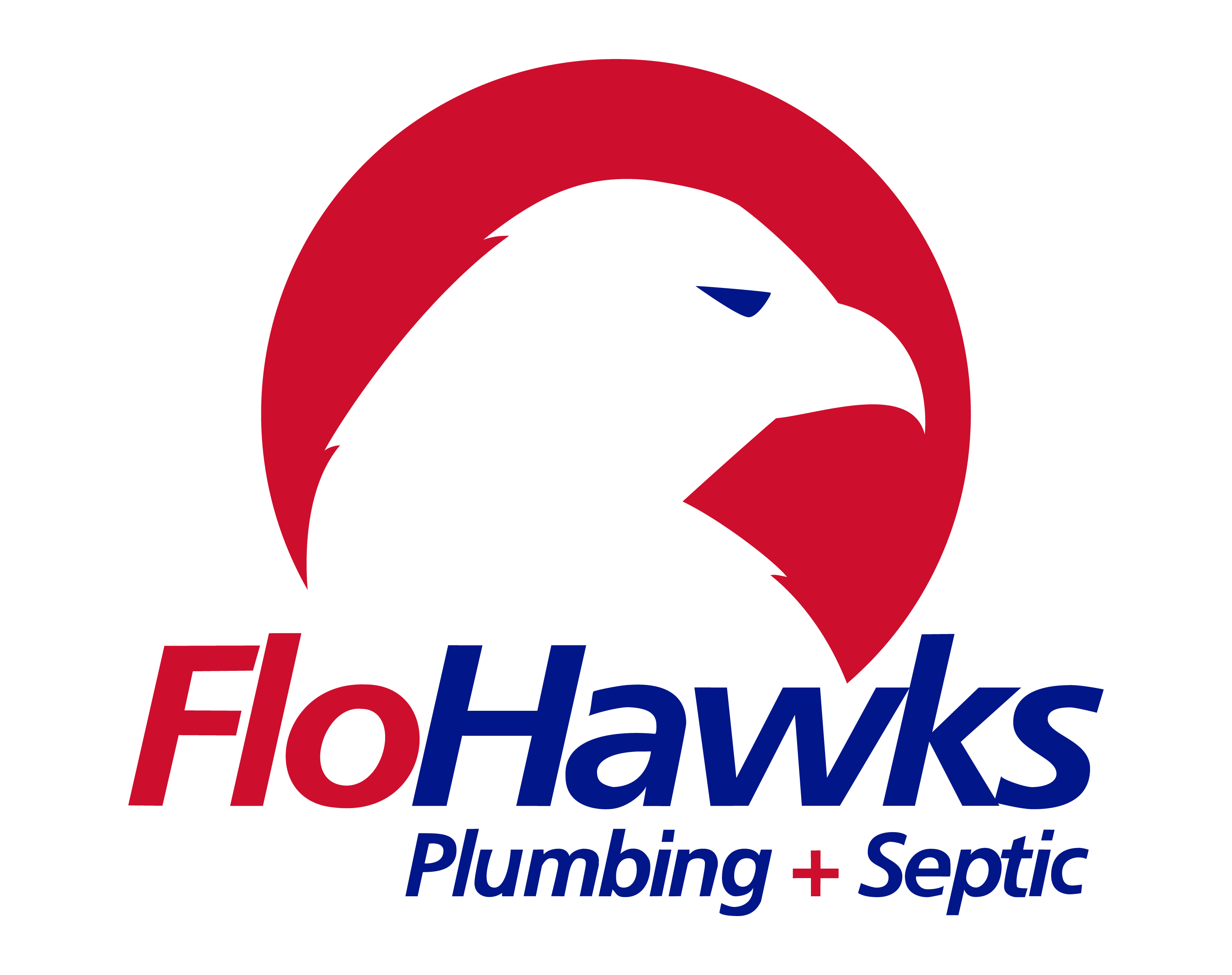Water heaters are undeniably an unsung hero when it comes to a home running smoothly. They function behind the scenes, providing families with the comfort of hot water for things like showers, dishes, and laundry. However, similar to all other appliances, water heaters have a finite lifespan. Understanding how long they should last, and some common issues that could arise, is crucial for maintaining a well-functioning home.
Typical Lifespan of a Water Heater:
Various factors can affect the longevity of a water heater, such as what type of water heater it is, maintenance throughout its life, and the quality of your water. Traditional tank water heaters typically last somewhere between 8 to 12 years, while tankless water heaters can sometimes last beyond 20 years with proper care. With routine maintenance, like flushing the tank to remove sediment buildup, you can significantly extend the life of your water heater.
Identifying Low Water Pressure:
One of the most common water heater problems that homeowners may encounter is low water pressure. If you start to notice a decrease in the force of your hot water flow, there are several factors that could be the cause.
- Debris Buildup: Over time, it’s very common for sediment, minerals, and debris to accumulate at the bottom of the water heater tank, which can restrict the flow of water. This buildup can lead to reduced pressure and even damage the heating element of the water heater.
- Malfunctioning Pressure Relief Valve: The pressure relief valve is a crucial component of a water heater. It ensures that the pressure inside the tank isn’t excessive. If the valve is faulty, it could result in low water pressure.
- Tank Corrosion: Another contributor of low water pressure is rust and corrosion inside the tank or on its plumbing connections. Regular inspections can help identify and address any corrosion before it becomes a significant issue.
Resolving Low Water Pressure:
There are several steps you can take if you’re experiencing low water pressure from your hot water heater, in order to troubleshoot and resolve the issue.
- Flush the Tank: Flushing your water heater tank to remove buildup is an easy, yet effective maintenance task. This process should be done annually in order to keep your water heater operating as efficiently as possible.
- Check the Pressure Relief Valve: Ensuring that the pressure relief valve is working properly by testing it periodically is a great routine maintenance task, as well. If it’s not functioning as it should, replacing the valve is a relatively simple task that will get you back on track to warm water.
- Inspect for Leaks and Corrosion: Regularly inspecting the tank and plumbing connections for signs of leaks or corrosion is an important next step. Addressing these issues promptly can prevent any further damage and can help you maintain optimal water pressure.
In conclusion, understanding the typical lifespan of your water heater and being vigilant about identifying and resolving potential issues is key to ensuring a reliable supply of hot water in your home. It’s also important to remember that regular maintenance and prompt attention to any of these issues can help extend the life of your water heater and save you from cold showers, unexpected breakdowns and repairs.
If you find yourself dealing with persistent low water pressure from your hot water heater, don’t hesitate to contact FloHawks Plumbing + Septic! We’d be happy to identify and address the issue, ensuring the comfort of your family and peace of mind.











